The Royal Danish Academy of Music chamber tutor has a knack of putting together string ensembles that go on to achieve great things, finds Andrew Mellor
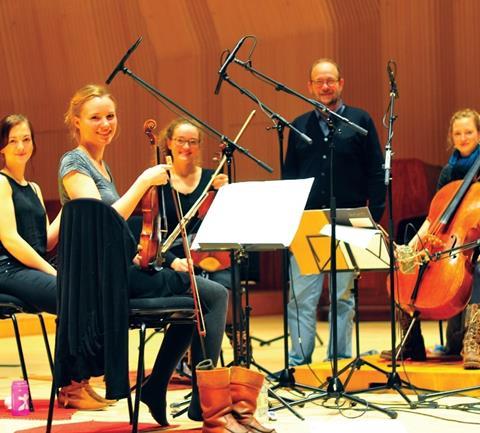
The following article is published as part of The Strad's July 2016 cover feature on Danish chamber music tutor Tim Frederiksen, who brought together the Nightingale and Danish quartets. Click here to subscribe and login. Alternatively, download on desktop computer or through The Strad App.
Perhaps Frederiksen’s greatest achievement is inducing such interpretative depth from young men and women living in nonchalant, easy-going Copenhagen. How can these youngsters seemingly relate so well to all the torture and life experience in quartet works by Beethoven and Schubert? ‘You can draw parallels with your own life however old you are,’ says Frederiksen, explaining how he does it.
But there is an alternative, more purely musical method, too. ‘I imagine we have this machine room down below, where we take things apart, sort out all the articulation and so on,’ he says. ‘Then we have the goal up above: the competition, the audition, the performance or whatever it is.
But what I’ve found is that there’s a layer in between, which is when you really become the music yourself. I would call this the flow, and within this flow are certain small oases or fixed points; they can be an emotion (love or desolation), or a picture, or a character (Figaro, Susanna, Don Juan or whoever). So you find these things and you think about those feelings.’
That abstraction, says Frederiksen, is part of the point. ‘The brain is too slow to solve the problems – to think, OK, up bow here, don’t go sharp here. That just makes you stiff. But if you think, this passage is where I feel warmth for my beloved, then even before you’ve come to that point you can prepare yourself. You just become part of the music.’ Doing these things, and with me opening up a lot myself, I think the Nightingale players in particular began to play with much more feeling. I remember when Gerhard Schulz of the Alban Berg Quartet heard them play Beethoven op.59 no.2, and he said he’d never heard anyone so young play the slow movement so well.’
The compliment would have meant something extra coming from Schulz. Time and again Frederiksen talks of ‘tradition’, which can seem a little incongruous given the freshness with which his ensembles carry themselves musically. ‘We know from records how beautiful some of the great quartets sounded: the Busch, the Budapest, the Guarneri, the Alban Berg. I feel that any quartet has to show that it’s a part of this tradition while also seeing things through its own generation’s eye. The difficult thing about being a classical musician is that you must show you can master, at a very high level, what great personalities have mastered before, but at the same time you have to be innovative and find a new angle and be personal, without violating this tradition.’
The Strad's Tim Frederiksen feature is published in the July 2016 issue. Click here to subscribe and login. Alternatively, download on desktop computer or through The Strad App.
Read: 10 ways to achieve long-term success with your string quartet
Read: 6 ways to improve your ensemble playing
Photo: Tim Frederiksen with the Nightingale Quartet © Winfried Dulisch

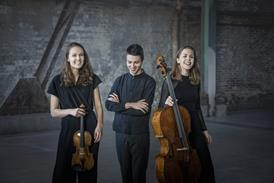
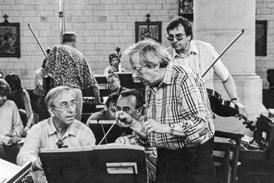
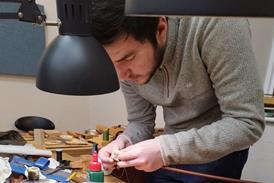
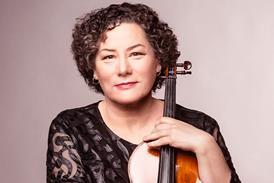
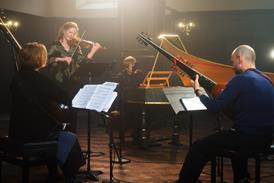
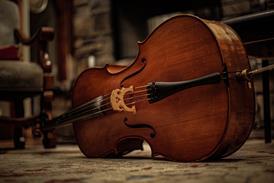
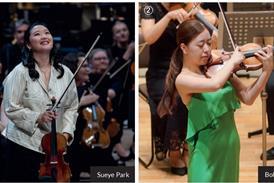

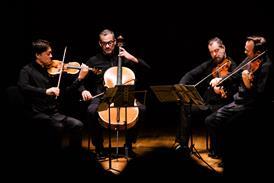

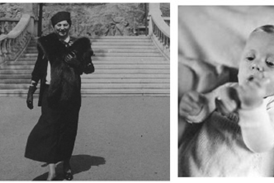
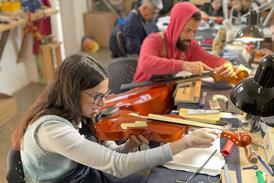
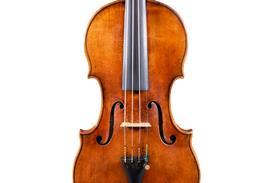
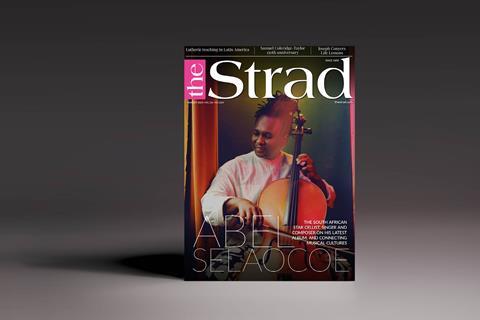




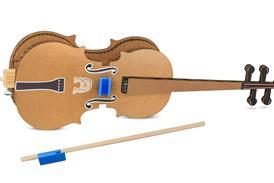
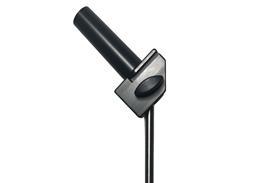























No comments yet